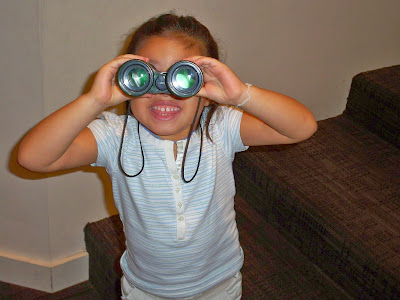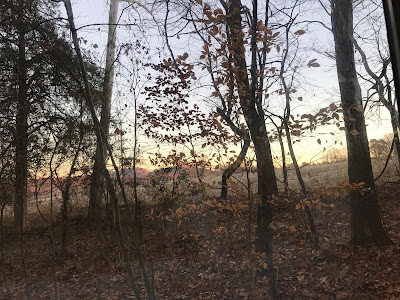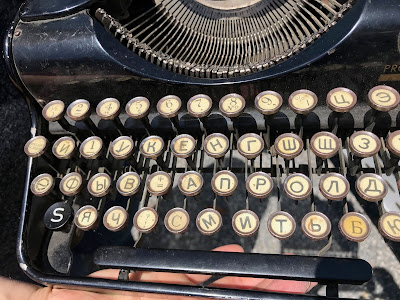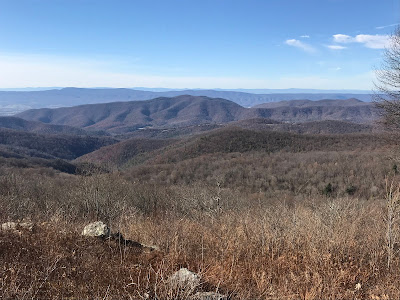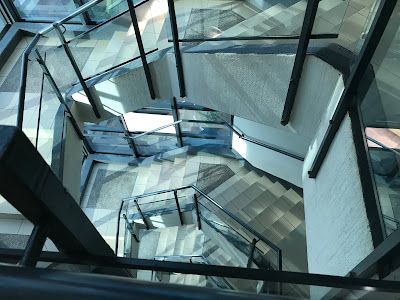If this post goes according to plan, I may insult you several times. That’s because I am, in that old-school, print-based way, using periods at the ends of sentences. (See, I just did it again. And again.)
In Because Internet, Gretchen McCulloch brings the term “typographical tone of voice” to my (somewhat luddite) attention. Exhibit A, she says, is considering all caps to be shouting (which is hardly news to anyone, even luddites). But a more subtle expression of typographical tone of voice is what she calls the “sincerity exclamation point.”
Ah yes, I think, this is why I’m using using exclamation points so much despite inwardly chafing at them. This is not due to grammatical sloppiness, but to friendliness and cooperation. When I say “Thanks!” at the end of a business email, I’m merely indicating that, sure, I don’t mind editing this piece quickly. I’m happy to do it (even if I’m not).
Periods are another matter. “For people whose linguistic norms are oriented toward the offline world, the most neutral way of separating one utterance from the next is with a dash or a string of dots,” McCulloch writes. But for someone whose linguistic orientation is more modern, the line break is the most effective way of separating utterances. In that case, then, the period is extraneous, and perhaps holds other meanings. In fact, it could even be considered passive aggressive.
But don’t worry, McCulloch assures us, in formal writing periods are still emotionally neutral. To which she adds this puckish footnote: “Or at least, I sure hope they are, because otherwise you’re halfway through a book where I’ve been passive-aggressive to you the whole time. SORRY.”



